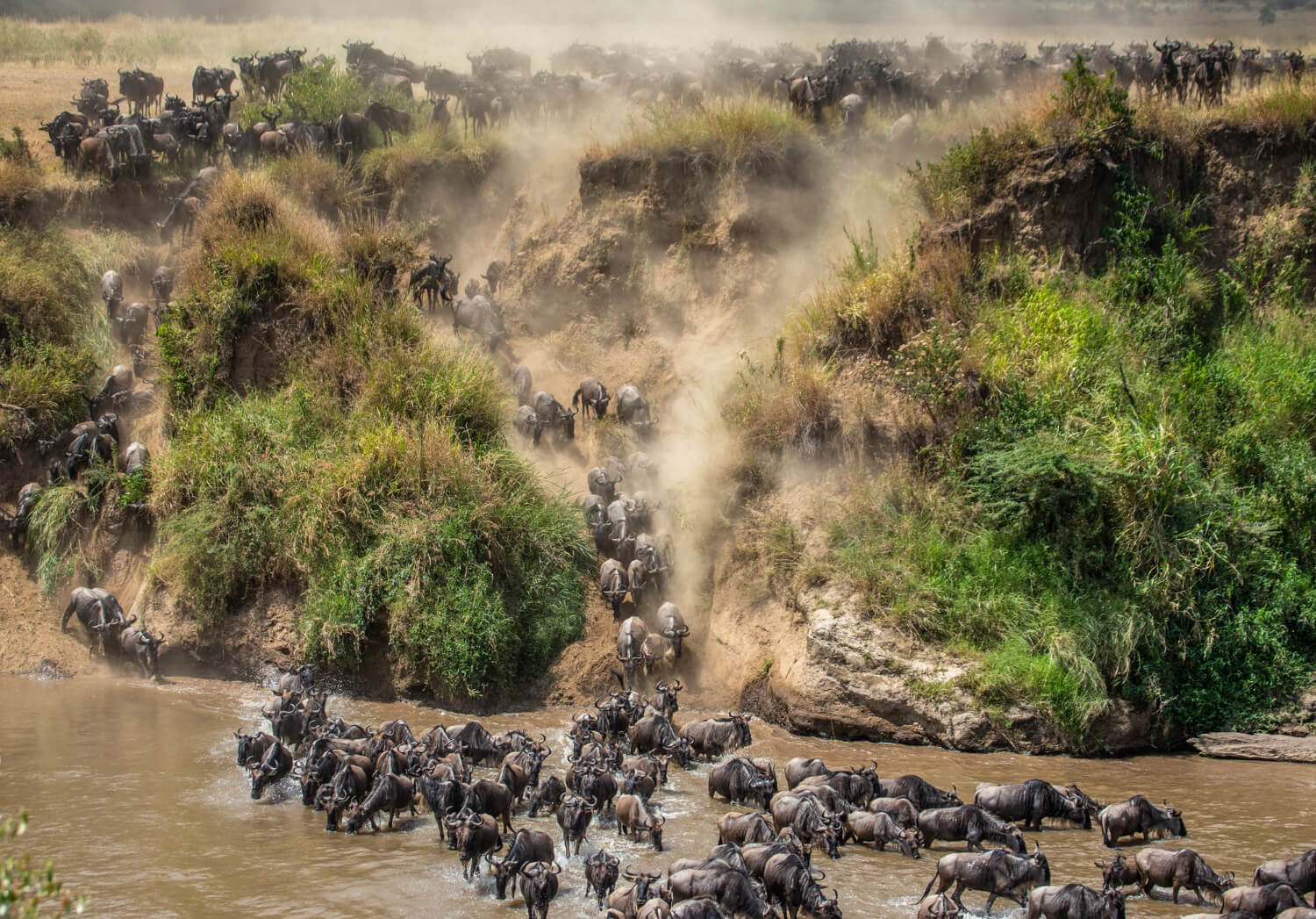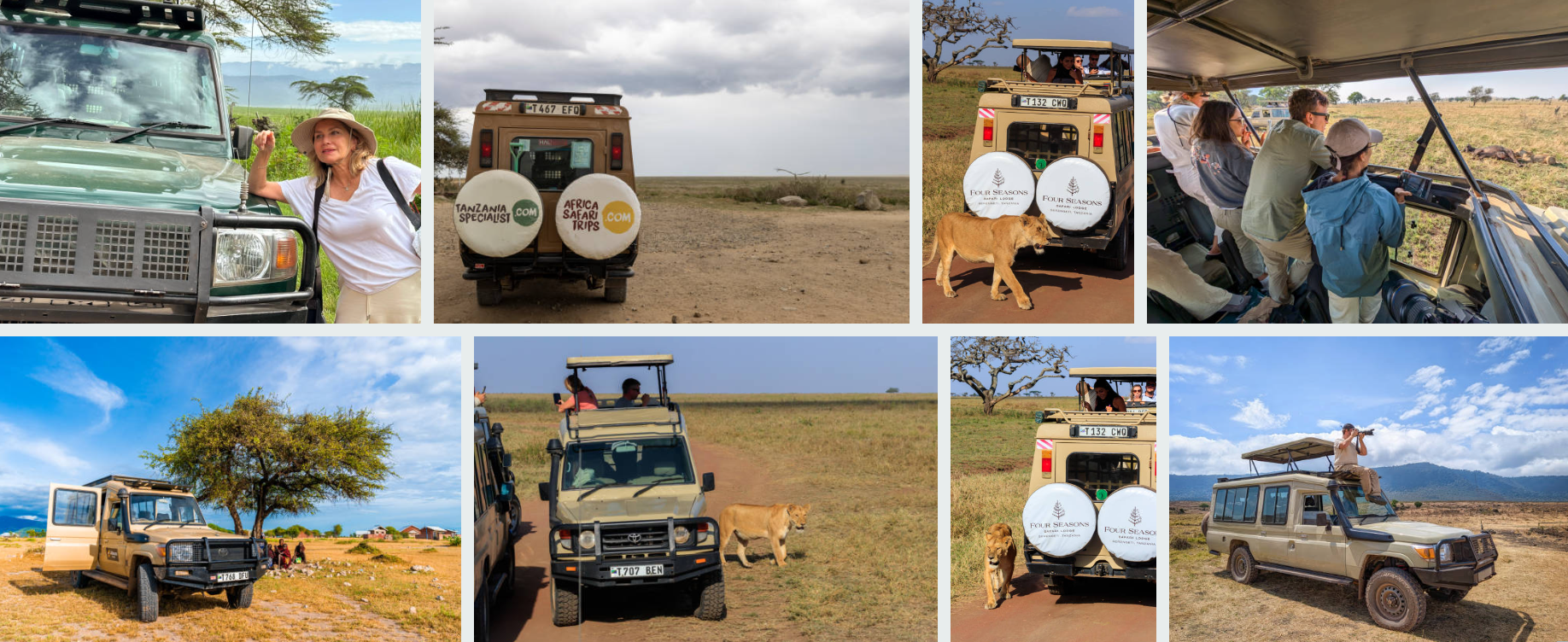
Book with Verified Operators, Tanzania is one of the most sought-after safari destinations in the world, home to the Serengeti, Mount Kilimanjaro, Ngorongoro Crater, and the exotic beaches of Zanzibar. However, with the increasing popularity of Tanzanian safaris, the number of scams targeting tourists has also risen. Fraudulent tour operators, fake websites, and hidden fees can turn a dream vacation into a nightmare.
To ensure you book a legitimate and enjoyable safari, follow these essential tips to avoid scams when planning your Tanzania adventure.
Legitimate safari operators in Tanzania must be registered with the Tanzania Tourist Board (TTB) and the Tanzania Revenue Authority (TRA). Before booking, ask for their license numbers and verify them on the TTB website.
Reputable companies often belong to industry associations such as:
Tanzania Association of Tour Operators (TATO)
African Travel and Tourism Association (ATTA)
Sustainable Tourism Certification Alliance Africa (STAA)
These memberships indicate credibility and adherence to ethical business practices.
Check platforms like:
TripAdvisor
SafariBookings
Trustpilot
Google Reviews
Look for consistent positive feedback and how the company responds to negative reviews. Be cautious of operators with no reviews or overly glowing (possibly fake) testimonials.
A legitimate Tanzania safari is not cheap. If a deal seems too good to be true, it probably is. Extremely low prices may indicate:
Hidden fees (park entry, taxes, fuel surcharges)
Substandard accommodations (poorly maintained camps, lack of safety measures)
Unlicensed guides (who may not be trained in wildlife safety)
Get at least three quotes from different operators to gauge the average price. If one is significantly lower, investigate why.
Reputable operators typically require a deposit (20-50%) to secure your booking, with the balance paid upon arrival or before the safari begins. Be wary of companies demanding full payment in advance.
Credit cards and PayPal offer fraud protection and chargeback options if something goes wrong. Avoid:
Wire transfers (difficult to recover)
Cryptocurrency payments (no recourse if scammed)
Cash payments before arrival
Ensure the contract specifies:
Refund policies
Cancellation terms
What’s included/excluded

A legitimate safari package should clearly outline:
Park fees (Serengeti, Ngorongoro, etc.)
Accommodation type (luxury lodges, mid-range, budget camping)
Meals and drinks
Transportation (4×4 vehicle with pop-up roof)
Guide fees
Some scammers copy legitimate itineraries from reputable companies. Verify details by:
Calling lodges/camps to confirm bookings
Checking vehicle registration numbers (licensed safari vehicles have TTB plates)
Scammers often avoid direct communication. Insist on a video call to meet the team and verify their office location.
A legitimate operator will answer confidently. Ask:
How long have you been in business?
Can I speak to past clients?
What’s your guide-to-guest ratio?
What happens in case of emergencies?
If they avoid answering or give vague responses, it’s a red flag.
Look for a physical address and contact details (Google Maps can verify).
Check domain age (newly created sites are riskier).
Look for SSL encryption (URL should start with “https://”).
Scammers create fake Facebook/Instagram pages mimicking real companies. Always:
Cross-check the official website
Look for verified badges
Avoid booking via DMs without verification
Licensed guides should have:
TTB certification
First-aid training
Wildlife knowledge
Legitimate operators use well-maintained 4×4 Land Cruisers with:
Pop-up roofs for game viewing
Working AC and radios
TTB license plates
If unsure, book through reliable platforms like:
SafariBookings (verified operators)
TourRadar
Bookmundi
These sites vet operators and offer customer protection.
Scammers may:
Switch hotels last-minute (claiming “overbooking”)
Change the itinerary unexpectedly
Demand extra cash for “unforeseen” costs
Always get changes in writing and confirm with lodges directly.
If something feels off:
Walk away
Report suspicious operators to TTB
Seek recommendations from trusted travelers
Booking a Tanzania safari should be exciting, not stressful. By researching operators, verifying credentials, using secure payments, and staying vigilant, you can avoid scams and enjoy an unforgettable adventure. Always prioritize safety, transparency, and reputation when choosing your safari provider.
With these precautions, you’ll be well on your way to experiencing the magic of Tanzania—without falling victim to fraud. Happy safari planning!
